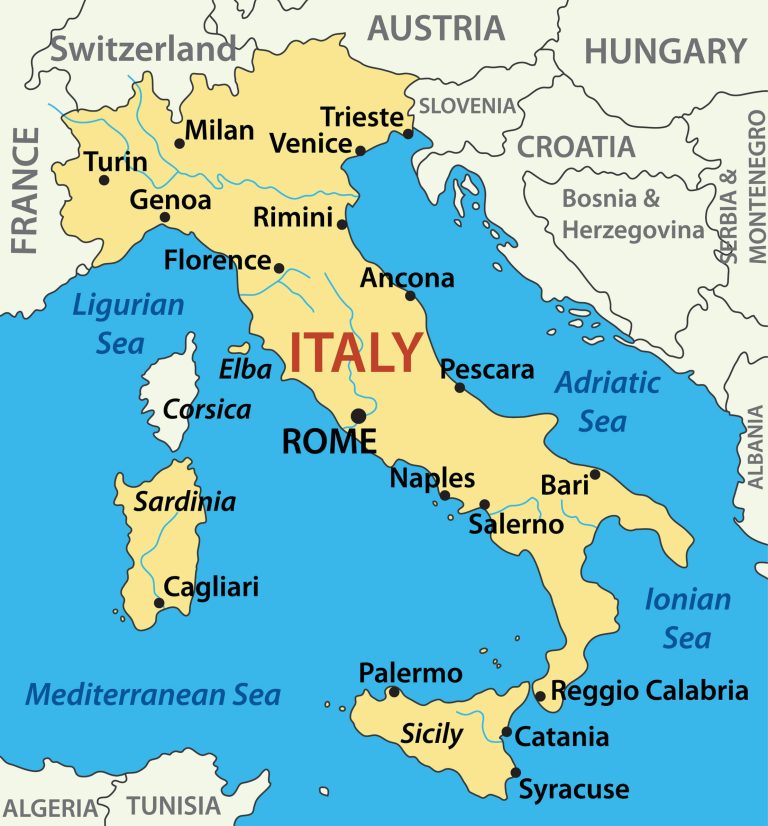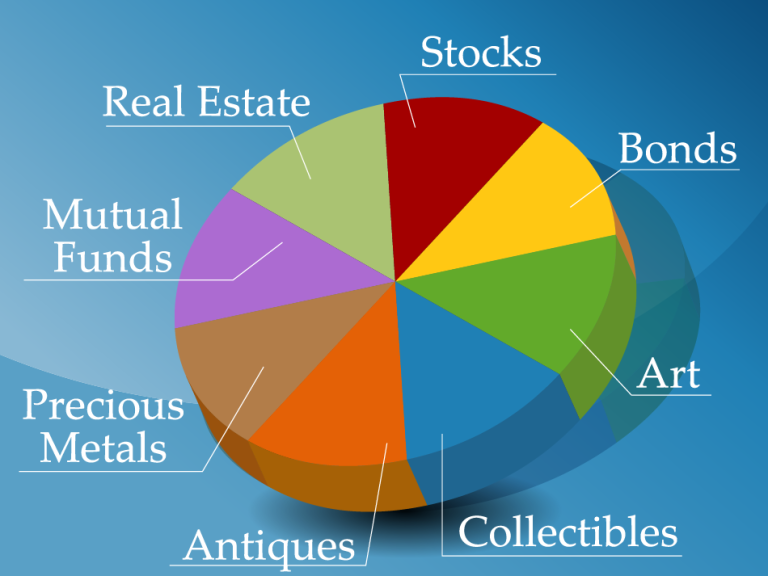
FOMO, or the Fear of Missing Out, plays a significant psychological role in influencing spending behavior. Here’s how:
- The urgency to Buy: Limited-time offers, flash sales, or exclusive deals create a sense of urgency. The fear of losing out on a great opportunity can push people to make impulsive purchases.
- Social Comparison: Seeing others—friends, influencers, or even strangers on social media—enjoying products, experiences, or lifestyles can make someone feel like they’re missing out. This often leads to spending money to “keep up.”
- Emotional Response: FOMO triggers a deep emotional reaction, making people focus more on the potential regret of not purchasing rather than rationally considering whether they actually need the item or experience.
- Overvaluing Scarcity: When something is portrayed as rare or exclusive (e.g., “Only 3 left in stock!”), the perceived value increases, tempting individuals to act quickly to secure it.
- Group Mentality: If many people are buying a product or attending an event, it creates social pressure to participate, even if it’s not financially wise.
Understanding FOMO can help you recognize when it’s influencing your decisions. By stepping back, identifying your actual needs, and focusing on your own financial goals, you can resist these pressures.



